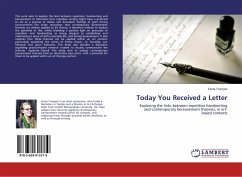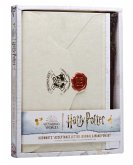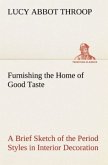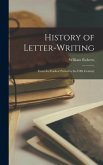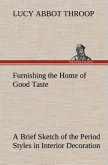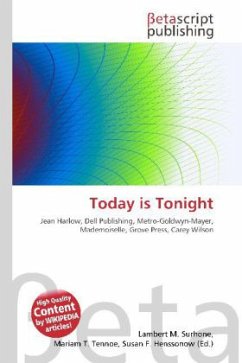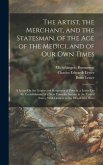This work aims to explore the links between repetition, handwriting and bereavement to determine how repetitive writing might have a potential to act as a process to relieve and document feelings of grief during bereavement. The study recognises that contemporary bereavement theories are seldom applied to art theory; it therefore intends to explore the potential of this, whilst shedding a positive light on processes of repetition and handwriting as being integral to establishing and maintaining a sense of self in everyday life, and during bereavement. It also explores how these theories can be applied within an art context, particularly examining the works of Emma Hauck, Cy Twombly, Lee Mingwei and Laura Edmunds. This book also includes a discussion regarding practice-based research created to visually communicate the theories explored. Overall, this study aims to analyse contemporary bereavement theories from an alternative view point, with a potential for these to be applied within an art therapy context.
Bitte wählen Sie Ihr Anliegen aus.
Rechnungen
Retourenschein anfordern
Bestellstatus
Storno

